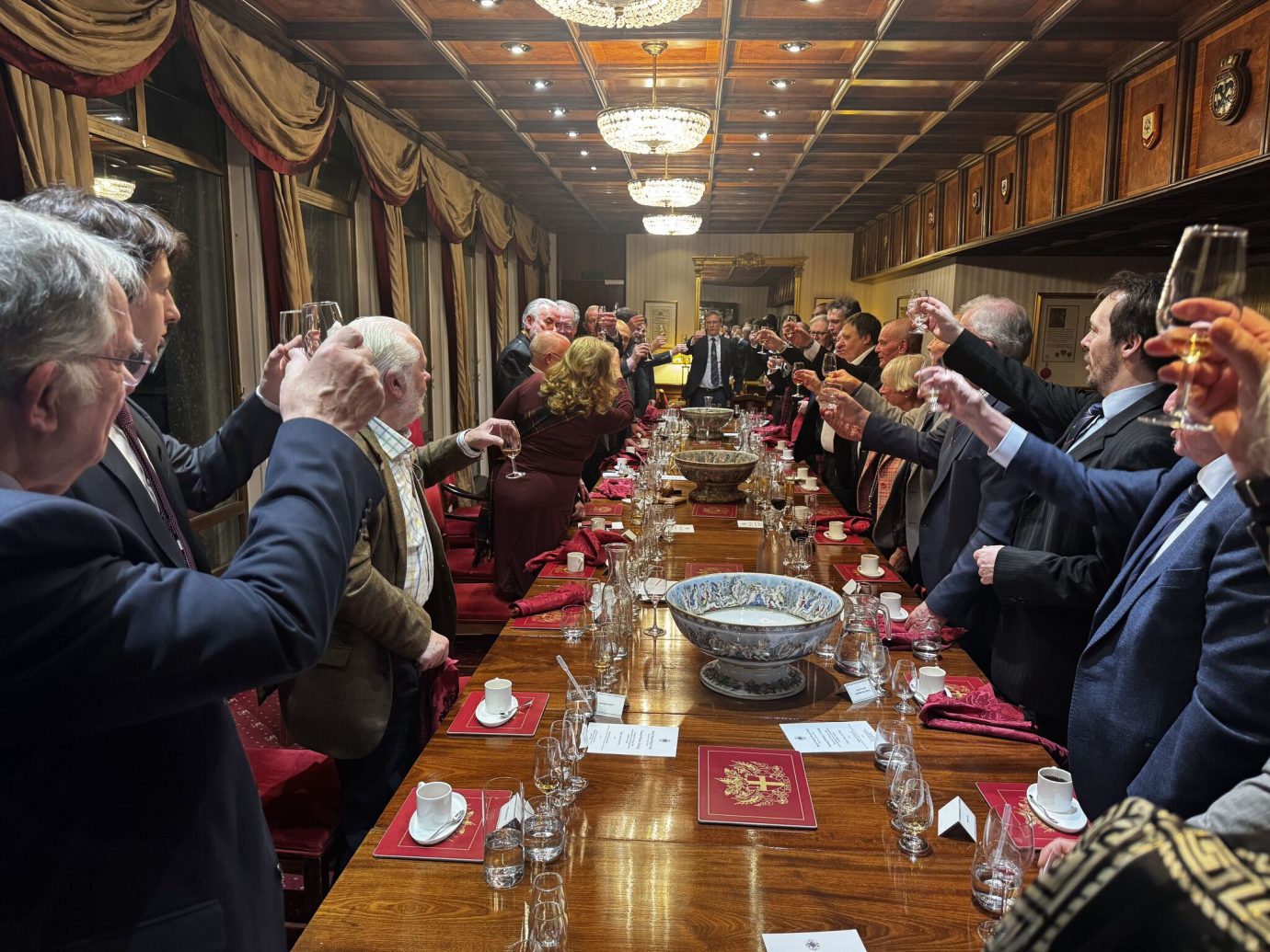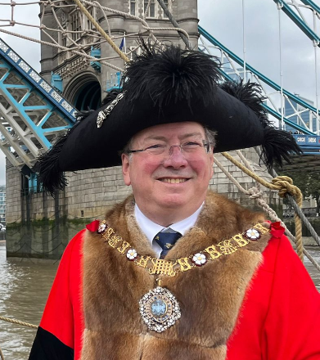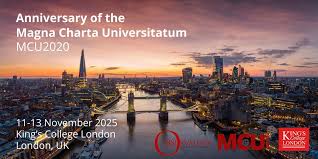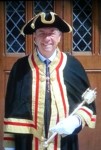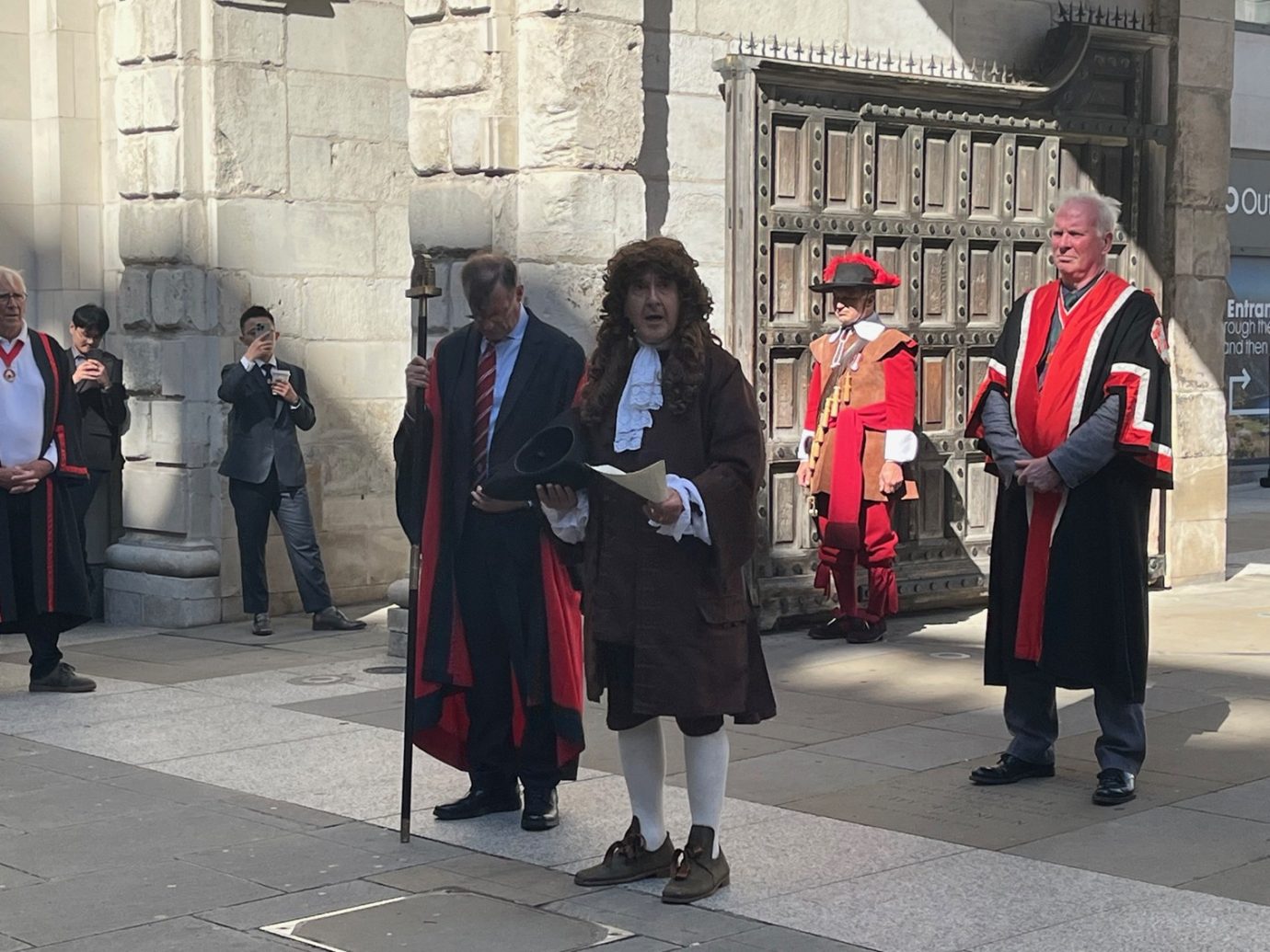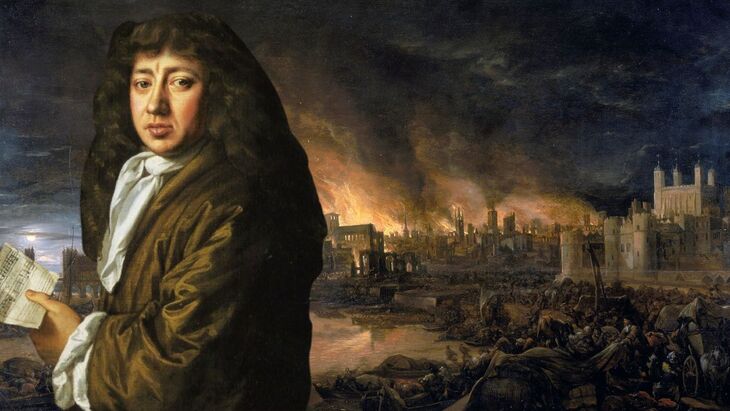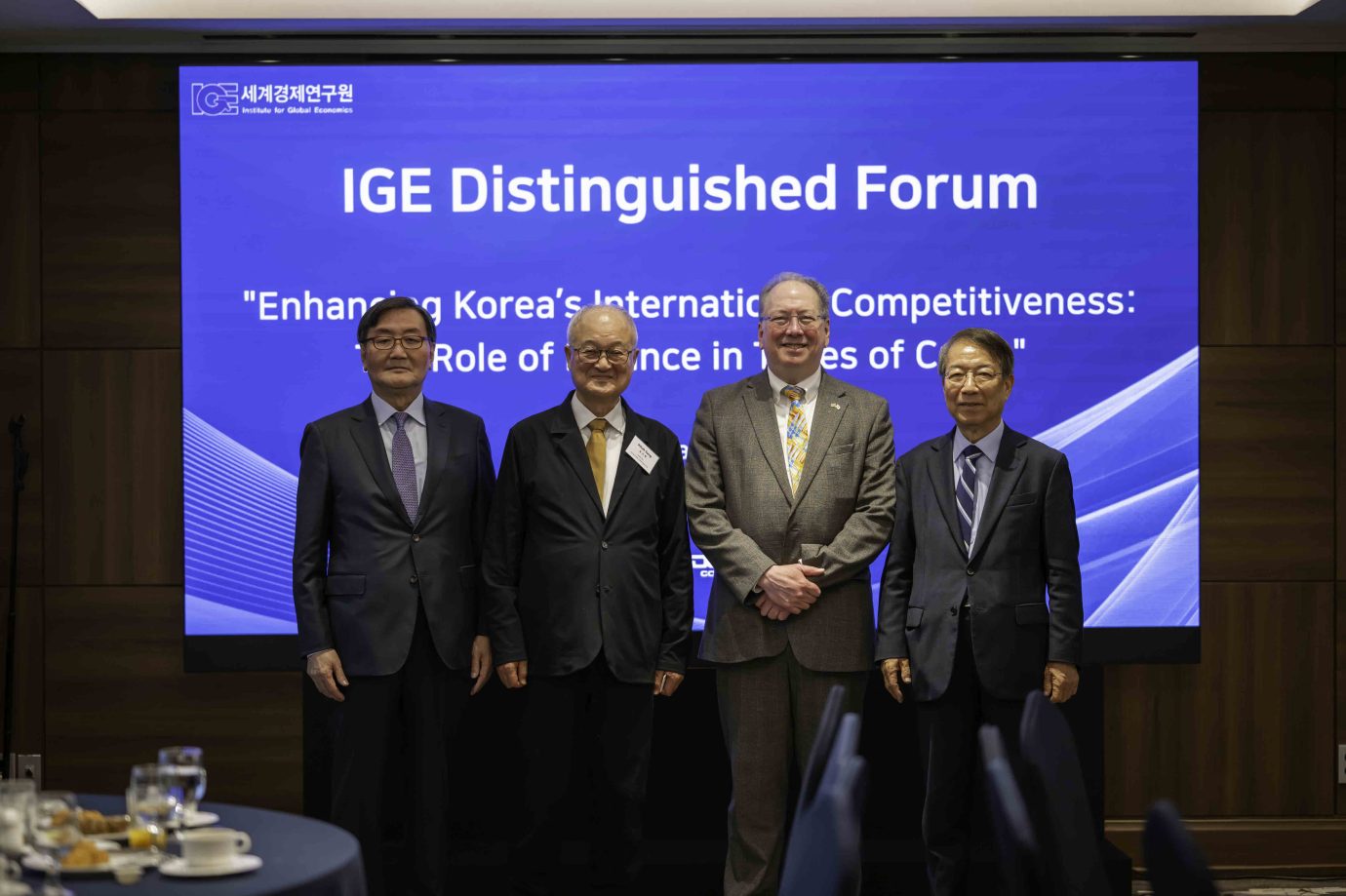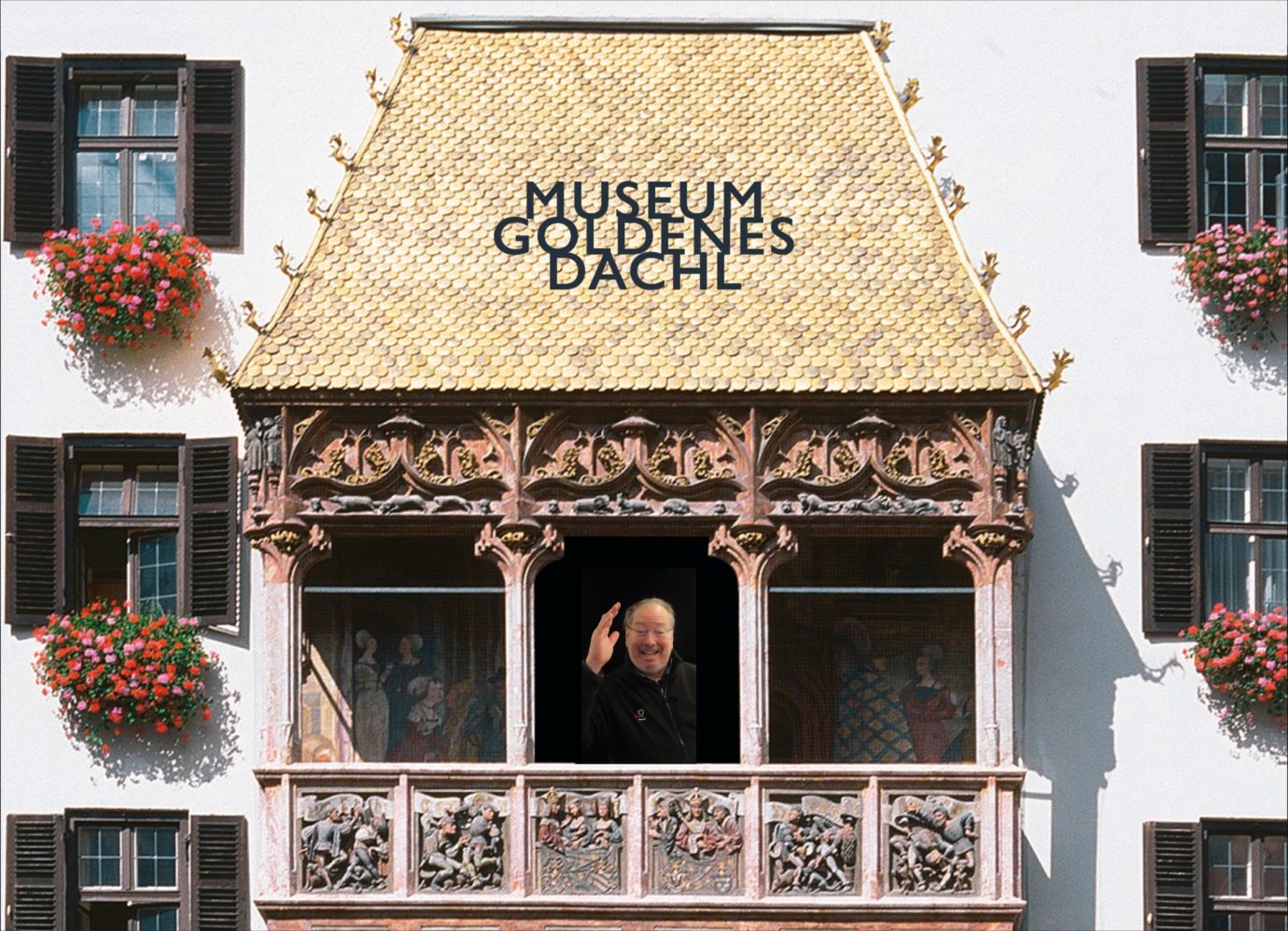Thirty-two Broad Street Ward Club members and guests attended a special whisky tasting at the Guildhall during Burn’s Week, hosted by Chairman Richard Muir with excellent tutoring from John McCheyne, Master Brand Ambassador at the Scotch Malt Whisky Society.
Continue readingAdmiral Of The Port? The Fleet?
As many know, I had a vicarious frisson from the ex officio post of Admiral of the Port of London which I held in 2023 and 2024 as Lord Mayor. The post is ancient and today honorific. In trying to find which ensign to fly, I found out that the Lord Mayor is required to design his own and the continue to use it during the rest of his life. This had not been done for well over a hundred years, so with a bit of cheek I restarted with the result below.
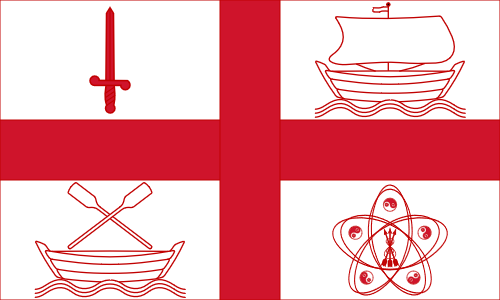
The ensign is clearly based on the City crest, with the cross of St Paul in the upper left, the various powered craft on the bottom left, the various sailing and oceanic craft on the upper right, and my crest in the bottom right. To my immense gratitude, my Company of Watermen & Lightermen had this created both as a large ensign, and also as a burgee. During the Mayoral year, the flag and burgee were flown on numerous occasions above Mansion House on Thames Day and on many vessels.
Before the Port of London Authority came into being, the Lord Mayor controlled the Thames from Staines to the Medway, and so we also recreated the Lord Mayor’s View of the Thames, where naturally the ensign and burgee were flown. This leads me to point out that the Lord Mayor was thus also clearly Admiral of the Fleet (river), and also the Walbrook, Tybrun, Effra, Westbourne, …
So I couldn’t have been more pleased when the City Livery Yacht Club asked me to become their Admiral, which I was delighted to accept, allowing me to continue to style myself ‘Admiral’.
Magna Charta Universitatum
This week King’s College London hosted the Anniversary of the Magna Charta Universitatum (MCU), a celebration and exploration of the fundamental values of being a university. Over 200 universities have gathered to discuss ‘What are universities for? Higher education principles, values and responsibilities in a fragmented world’. Over three days, participants engaged in keynote addresses, panel discussions, and interactive sessions exploring the evolving role of universities amidst global challenges. KCL President Shitij Kapur and Professor Liviu Matei explain, “Affirming shared values will help academic freedom weather the storm”.
Continue readingBroad Street Ward Mace
Today’s Lady Mayor Show reminded me to share a little history about the mace that accompanies me in the Show, in turn accompanied by the Broad Street Ward Beadle.
Continue readingOf Merchants & Men – A Freewheeling Flaneuring Podcast With TimeLine London
My dear friend Dr Geoff Browell and his team, Tam McDonald, Christopher Winn, and Mark Mason, had the courage to ask me to hold forth on an eclectic and personal view of London’s history. Here is the resulting 53 minutes of sauntering sagacity, peripatetic pomposity, or perhaps freewheeling flaneuring.
Pepys Day! Part Deux
Yes, I can’t resist an obscure reference to a 1993 parody B, but fun, film, Hot Shots! Part Deux. Pepys Day! Part Deux was also enormous fun with a bit of parody thrown in too.
Continue readingPepys Day 2025: London’s Most Delightfully Diary-Obsessed Celebration Returns
[An edited version of this article appeared as “Pepys Day: Raise A Toast To London’s Best Diarist” in City AM on 2 September 2025]
Friday, 5 September 2025, marks the second annual Pepys Day in London. If you missed last year’s inaugural celebration, you’ll want to grab your quill and parchment (or smartphone) to register immediately. Samuel Pepys and his diaries of the Great Fire are to London as James Joyce and Bloomsday are to Dublin.
Continue readingOn The Road Again
Since the beginning of the year I’ve already spent five weeks abroad, three visiting family in the US and two in Asia, leading me to wonder if being Lord Mayor isn’t such a tough roadshow. Lots of fun, and just sharing a few links to Korea and China if you want to skim a bit of what I was up to:
Seoul – https://www.koreaherald.com/article/10451919, https://biz.chosun.com/en/en-
Incheon – https://www.incheon.go.kr/en/EN020401/3005067
Guangzhou – https://www.gduf.edu.cn/info/1037/13401.htm
Shenzhen – https://en.cdi.org.cn/
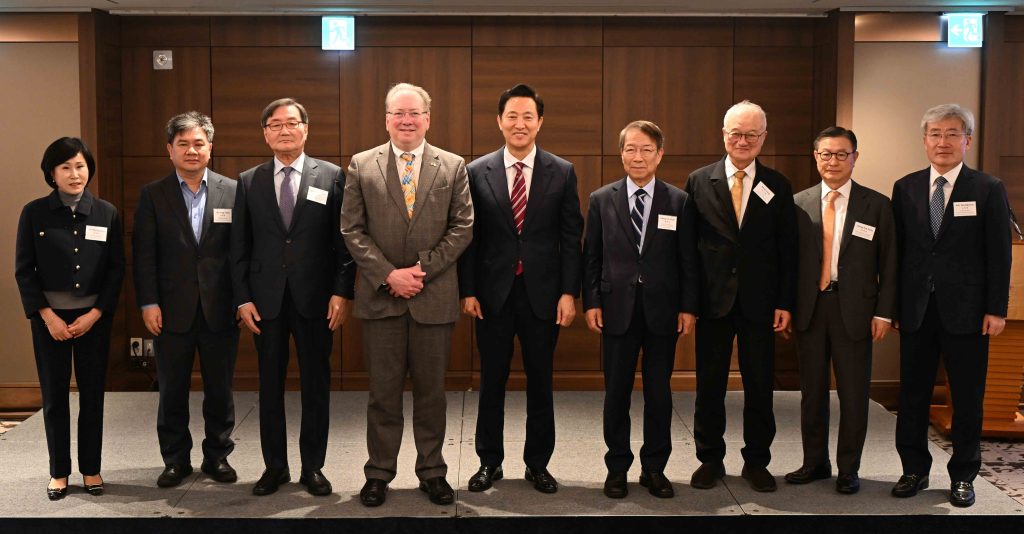
Former Lord Mayor Michael Mainelli Appointed President of the London Chamber of Commerce & Industry
Great news to share…
Continue readingSaying Goodbye To A Most Full 2024 & Hello To An Intriguing 2025
So there we were, finally getting a private holiday in after a busy year, when you realise you have a lot of reading time ahead learning about the central position of Tyrol and Maximilian I in European history. Lots to look forward to in 2025. With all best wishes for the New Year to family, friends, colleagues, and anyone else reading this!

